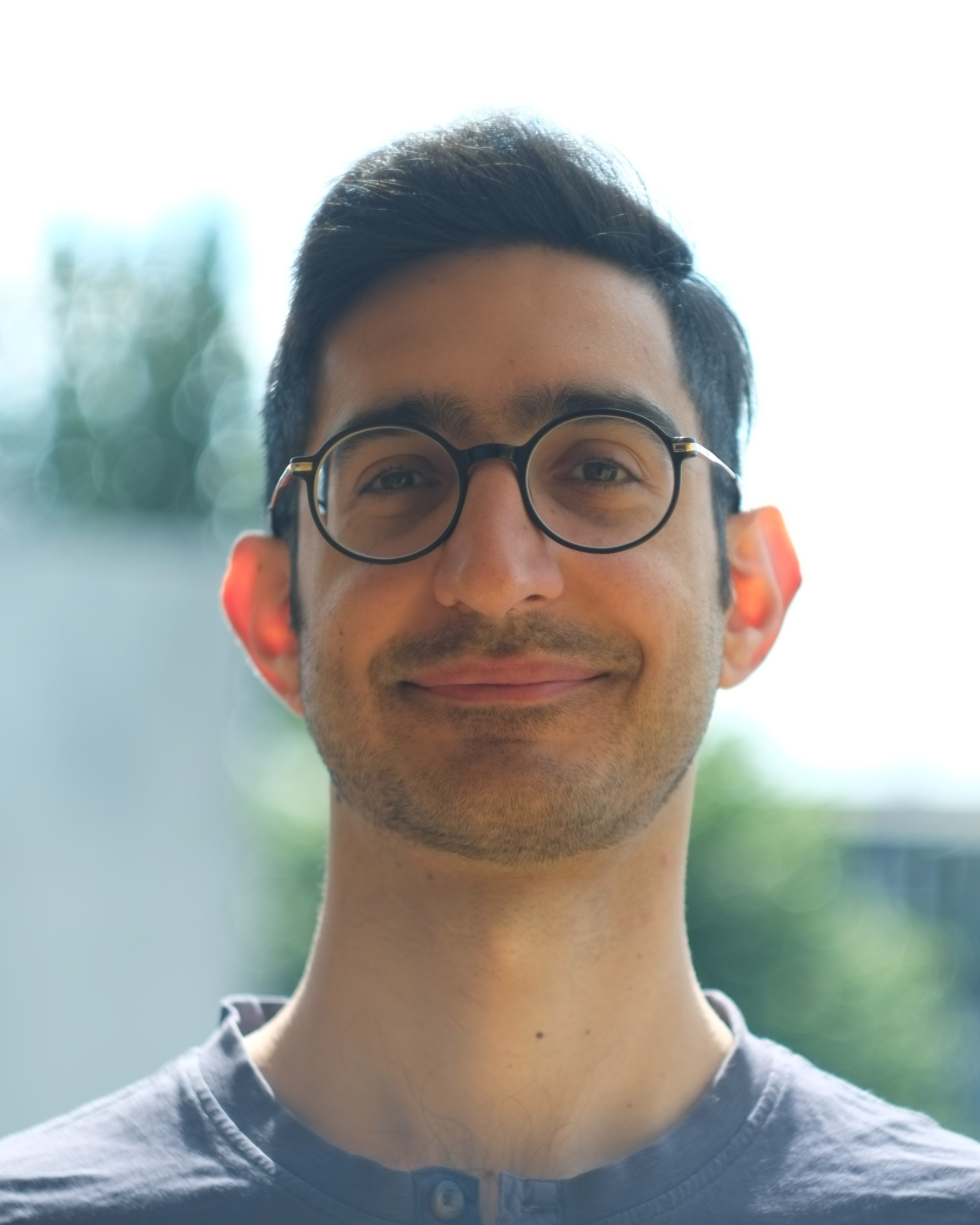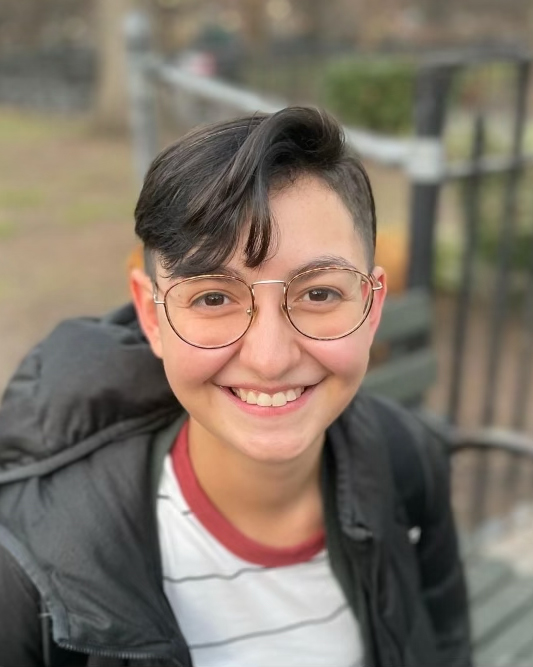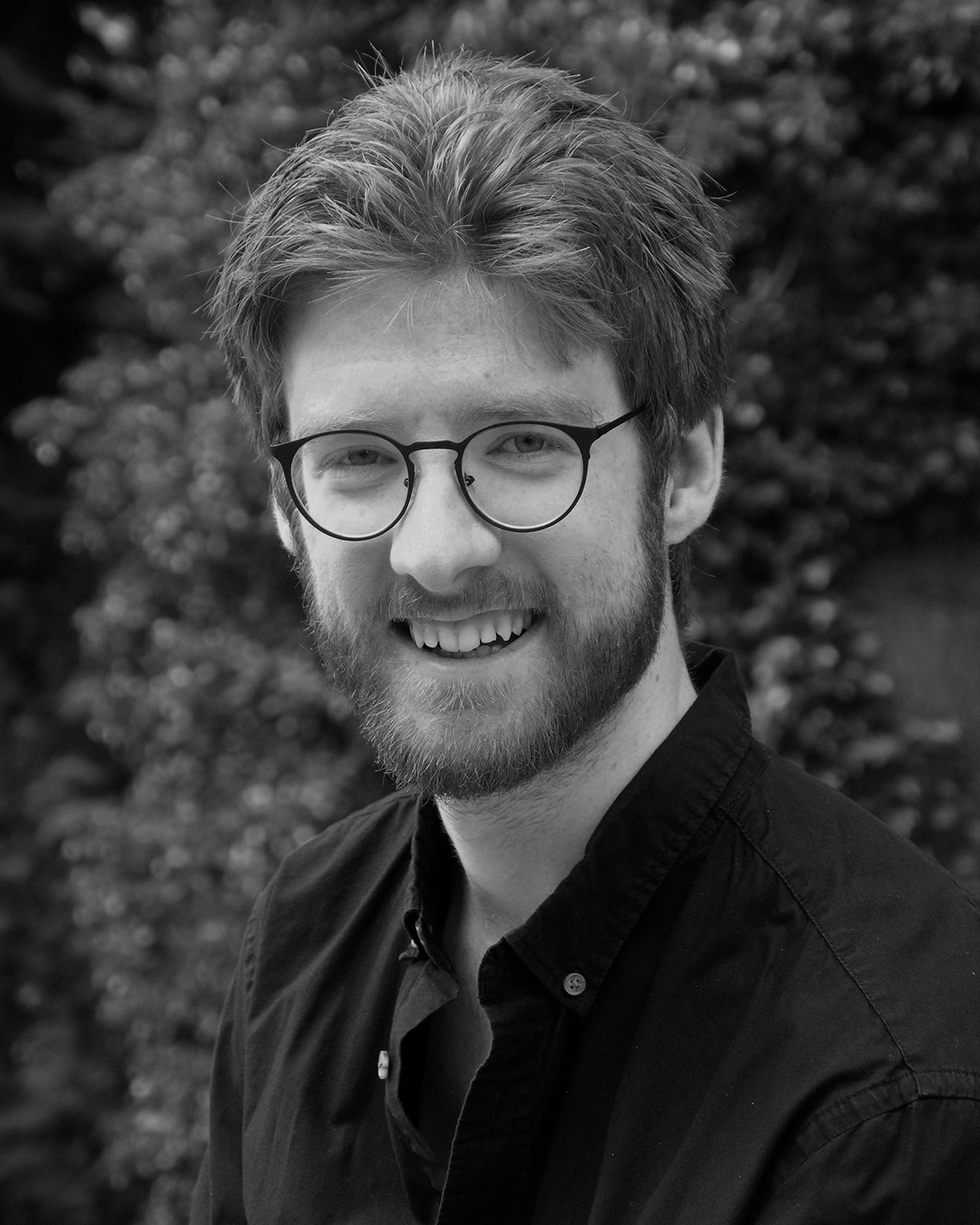We are happy to announce the two winners of this year’s Dissertation Fellowships, Siavash Sabetrohani and Lina Tabak.

Photo by Will van Wingerden
Winners
Siavash Sabetrohani
University of Chicago

Bio
Siavash Sabetrohani is a PhD candidate in Music Theory and History at the University of Chicago. Before going to the US for his PhD studies, he studied music theory, modern and baroque violin in his home country Iran and in the Netherlands. He has been living in Berlin since 2019, conducting research on his dissertation project. His research interests include the history of music theory, performance practice, partimenti and improvisation, and early recordings.
Music Theory between the Public Sphere and Nationalism in Eighteenth-Century Berlin
Dissertation summary
Around 1750, various elements came together to turn Berlin from a musical backwater to one of the leading European centers of music in both practice and theory. This dissertation traces the origins of this transformation from around 1750—when the first music theoretical writings in Berlin were published—to the end of the 18th century. The project argues that music theory and its entrance into the public sphere, acted as an instrumental agent in propelling ideas of German cultural nationalism that fully blossomed in the 19th century. Intersecting multiple disciplines such as music history, journalism, social sciences, and nationalism studies, this project challenges narrow perceptions of the position of music theory and places it as a central topic in 18th-century Enlightenment discussions.
Lina S. Tabak
The Graduate Center, City University of New York

Bio
Lina S. Tabak is a Ph.D. candidate in music theory at the CUNY Graduate Center. Her dissertation analyzes the relationships between rhythm, perceived meter, and enculturation in two Colombian zapateo genres. Her work on metric signals in sub-Saharan and Afro-diasporic folk music was recently published in Musica Theorica. She serves as Associate Editor of the journal Analytical Approaches to World Music and is currently co-chair of the program committee for the AAWM 2023 symposium Theoretical, Analytical, and Cognitive Approaches to Rhythm & Meter in World Musics. Lina teaches music theory at Brooklyn College. Prior to her doctoral studies, she earned a B.M. in music theory and euphonium performance from Florida State University.
“I Can’t Feel It That Way”:
Theorizing Metric Complexity in Colombian Zapateo Genres
Dissertation summary
My dissertation examines the musical elements that make particular metric structures challenging for different listeners to entrain to. Through the analysis of rhythmic intricacies found in two Colombian folk genres—currulao from the Pacific region and joropo from the Eastern plains—I develop a theory of metric complexity based on how musical expertise and enculturation affect the ability to entrain to specific meters. I isolate four phenomena: the tension between top-down (schematic) and bottom-up (generative) mechanisms for entrainment, apparent polymeter, non-isochronous meters in which the metric level immediately slower than the beat is irregular, and elaborate choreomusical interactions. I argue that while talented and enculturated listeners such as the performers can maintain entrainment to phenomenally unintuitive meters and perceive phenomenal misalignments as creating rhythmic interest, more naïve listeners—including many cultural insiders—often perceive the meter as dizzying, complex, and exciting.
Honorable Mention
Lee Cannon-Brown
Harvard University

Bio
Lee Cannon-Brown is a doctoral candidate in music theory at Harvard University. He was a lecturer at the University of Massachusetts Amherst for Fall 2022, and he is a former chair of the Society for Music Theory’s Music and Philosophy Interest Group. Cannon-Brown’s research focuses on post-tonal music theory in the first half of the twentieth century, and his work has been published in Music Theory Spectrum. He holds a B.F.A. in Music Composition from Simon Fraser University and an M.A. in the Humanities from the University of Chicago.
Ultramodernism in Global Musical Thought, 1900–1950
Dissertation summary
My dissertation re-evaluates the history of early post-tonal music theory, often referred to in its own time as “ultramodernist.” While the reception of ultramodernism in Canadian and U.S. music theory has long privileged Arnold Schoenberg and his Second Viennese School, I decenter Schoenberg’s theories, revealing their contingency within a global network spanning Eastern Europe, North America, and Latin America. By excavating a dialogue between the acoustical theories of Henry Cowell (1897–1965), the music-technological theories of Carlos Chávez (1899–1978), the non-octavating spaces of Ivan Wyschnegradsky (1893–1979), and the pitch arrays of Julián Carrillo (1875–1965), I recover the diversity in ultramodernism’s past, unlocking new post-tonal canons and systems for the present.
